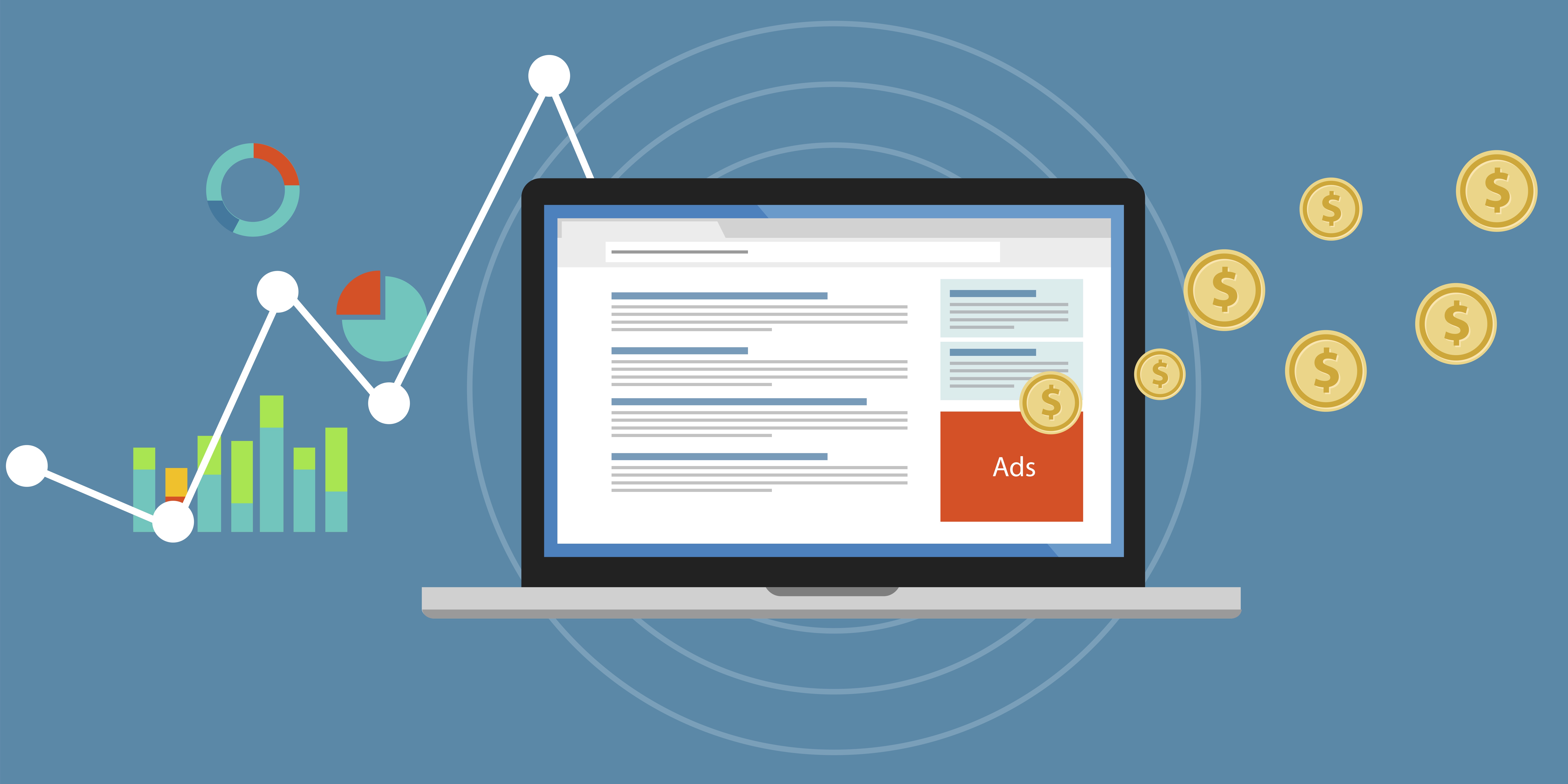When it comes to Internet marketing, Pay-per-Click (PPC) advertising represents the wave of the future. Google, the industry leader in PPC advertising, boasted nearly a 20% increase in PPC revenue last quarter alone – and there aren’t any signs of slowing. Today, the majority of business transactions happen online, and with more than two trillion Google searches performed annually, there’s a good chance a search-engine ad will get noticed.
Here’s how PPC advertising works: Basically, advertisers bid to place their ads within a search engine’s sponsored links. When someone searches a keyword related to that advertiser’s business offering, a link to their website appears prominently. The great thing about PPC advertising is that you only pay for clicks – not to merely display your ad.

And the smarter your PPC campaign is, the less you’ll pay for clicks. For example, Google incentivizes the production of useful, high-quality websites by evaluating each one that registers for PPC. If advertisements are direct and landing pages useful and comprehensive, Google charges less per click.
To set up your PPC campaign, you’ll select a range of search terms related to your product. If, for example, you’re selling roofing supplies, you might bid on the phrases “roofing supplies,” “roof supplies,” and “roof repair supplies.” When a consumer types in one of those keyphrases, your ad will appear at the top of the search results.
Remember: once a consumer clicks on your ad, they’ll typically decide in a matter of seconds whether the click was worthwhile, so it’s important to ensure that the content of your ad relates directly and explicitly to the contents of your site.
To revolutionize the way your business earns money, consider these simple steps to get your PPC campaign up and running.
First, understand that you’ll need to make an investment before any revenue starts rolling in. All adverting costs money, and PPC is no exception. The good news, though, is that PPC advertising does tend to be more affordable than, for example, running print ads – and, in today’s technology-driven marketplace, that’s just as well.
Create a budget to get started – one you’re comfortable with. Accept that you’ll need to spend a little to earn a lot, and it’s worth buying some test traffic to start out. In those initial weeks and months, take careful note of what works and what doesn’t, and be patient: your initial investment should be considered professional development – you’re just gathering data about your market, the strength of your ads, and the quality of your site. From there, you’ll be able to fine-tune to really make your PPC campaign effective.
Next, make your content count. The strength of your PPC campaign depends on the quality of the ads you promote – and the information you link to. If, for example, you’re promoting an advertisement for “roof repair supplies,” the ad’s link should direct the reader directly to a page that addresses – you guessed it – roof repair supplies! Clear, easy-to-read text paired with compelling visuals is usually an effective way to catch the viewer’s eye – and keep them on the page. Remember: your campaign won’t ever work if your content isn’t relevant, so take the time to amp your website’s copy and visuals.
As you’re learning about PPC advertising – its benefits and its drawbacks – remember that your campaign should continue evolving long after it’s been implemented. Take the time to measure signals your consumers are sending you. Today’s search engine analytics make it easy to track user activity. With Google Analytics, for example, you’ll be able to evaluate how long users spend on your site, which search terms they use to find you, and whether they immediately navigate away from your site upon clicking. Regular tracking will help you to refine your campaign, so you’ll always know exactly how much one click costs –and whether it’s worth it in the end.
Consider this: Every second, 40,000 searches are performed on Google – that’s around 3.5 billion searches per day. And the numbers are rising all the time, with new users logging on every day. The data is in, and it’s astonishing: PPC advertising is highly tailored, easy to use, and exceedingly effective in drawing new business to your organization.
